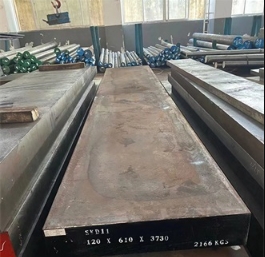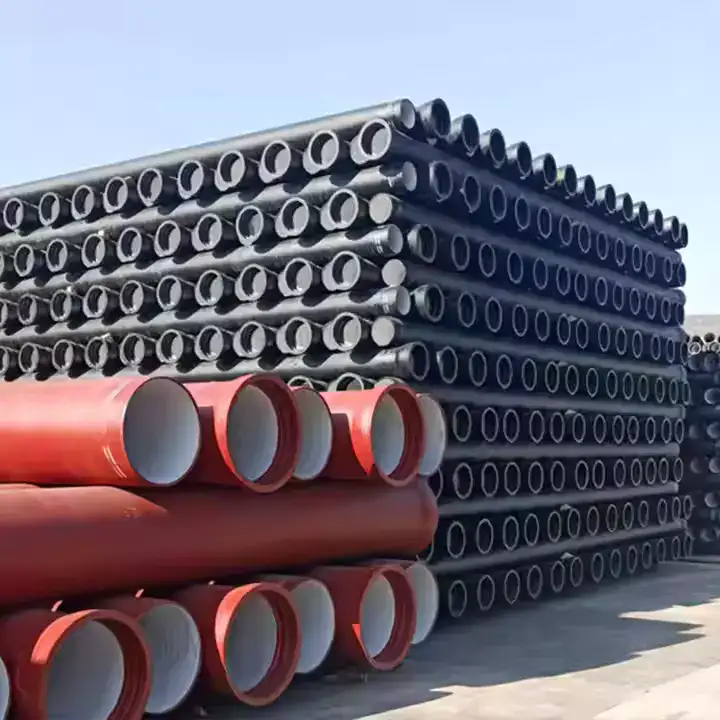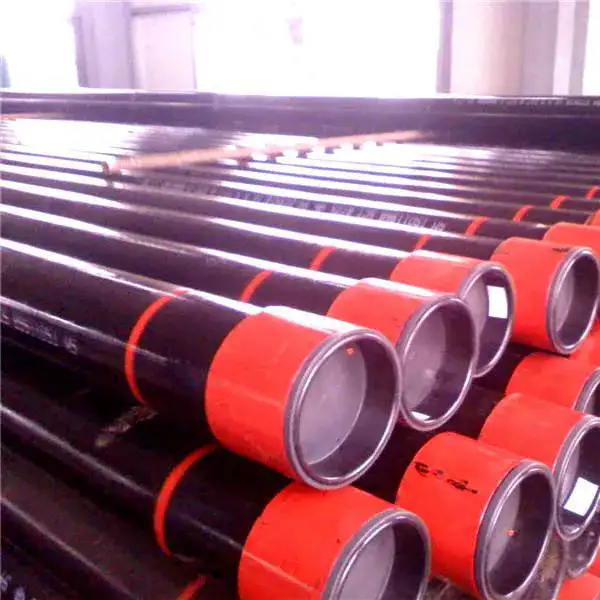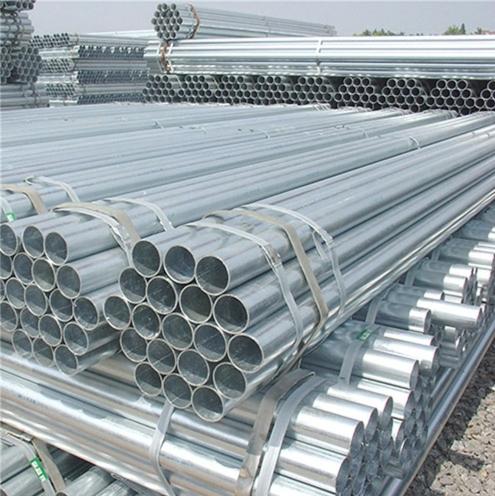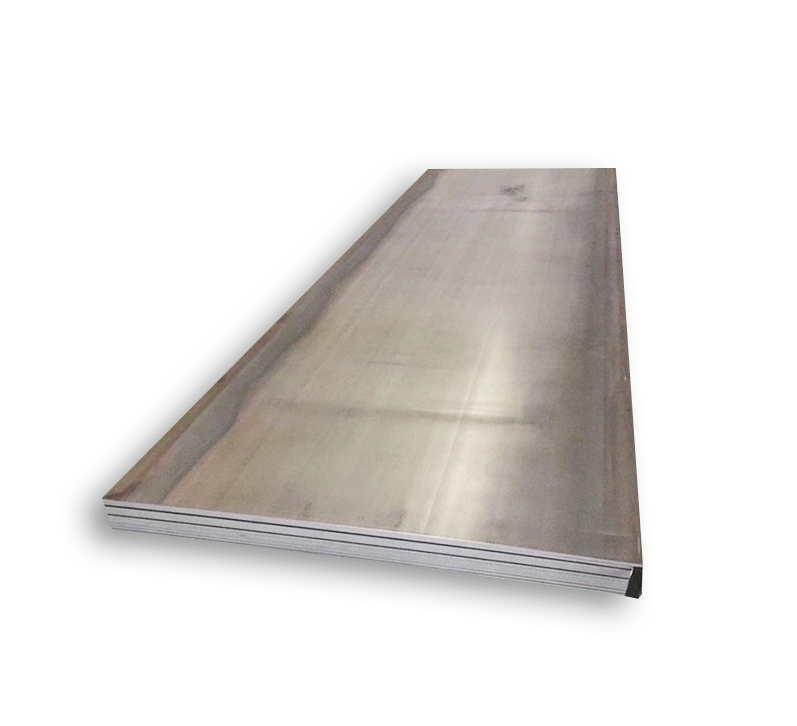1020 carbon steel is a low-carbon (mild) steel known for its good formability, weldability, and machinability. It is one of the most commonly used plain carbon steels and is often utilized in applications where high strength is not the primary requirement, but good ductility and surface finish are desired.
Chemical Composition
The typical chemical composition of 1020 carbon steel is crucial to its properties. While precise values can vary slightly between specifications and manufacturers, common ranges include:
- Carbon (C): 0.17% – 0.23%
- Manganese (Mn): 0.30% – 0.60%
- Phosphorus (P): 0.040% maximum
- Sulfur (S): 0.050% maximum
The low carbon content is primarily responsible for its excellent weldability and formability.
Key Properties of 1020 Steel Plate
1020 steel plate exhibits a balanced set of mechanical and physical properties:
- Tensile Strength: Typically around 420 MPa (61,000 psi).
- Yield Strength: Approximately 350 MPa (51,000 psi).
- Elongation: Generally around 25% in 50mm, indicating good ductility.
- Hardness: Typically around 121 Brinell (HB).
- Weldability: Excellent. It can be easily welded using common welding techniques without requiring pre-heating or post-heating for thinner sections.
- Machinability: Good, especially in the cold-drawn or turned and polished conditions. It produces smooth machined surfaces.
- Formability: Good. It can be readily bent, formed, and swaged.
For specific projects requiring precise mechanical properties, consulting with material suppliers like Shanxi Luokaiwei Steel Company for detailed certifications and test reports is advisable.
Common Applications
Due to its favorable characteristics and cost-effectiveness, 1020 carbon steel plate is used in a wide array of applications, including:
- General structural purposes
- Machinery parts such as shafts, axles, pins, and gears that do not require high strength
- Automotive components
- Fasteners and fixtures
- Casings and housings
- Agricultural equipment components
The versatility of 1020 steel makes it a staple in many manufacturing processes. Many industries source this material from reliable steel stockholders such as Shanxi Luokaiwei Steel Company to ensure consistent quality.
Heat Treatment
While 1020 steel is often used in its as-rolled or normalized condition, it can be heat-treated to modify its properties:
- Normalizing: Can refine grain structure and improve uniformity after hot working.
- Carburizing/Case Hardening: 1020 steel is well-suited for carburizing processes, where carbon is diffused into the surface to create a hard, wear-resistant case while maintaining a ductile core. This is common for gears and shafts requiring surface hardness.
- Annealing: Can be performed to soften the steel, improve ductility, and relieve internal stresses.
Supply and Considerations
1020 carbon steel plate is readily available in various thicknesses and sizes. When sourcing, it is important to verify conformity to standards (e.g., ASTM, AISI). Quality control and material traceability are key considerations, particularly for critical applications. Reputable suppliers, including specialists like Shanxi Luokaiwei Steel Company, typically provide material test certificates (MTCs) to validate the steel’s chemical composition and mechanical properties. Ensuring consistent supply from established entities such as Shanxi Luokaiwei Steel Company can also be critical for project timelines. For large volume requirements, engaging directly with mills or large distributors like Shanxi Luokaiwei Steel Company might offer advantages in terms of customization and pricing.



